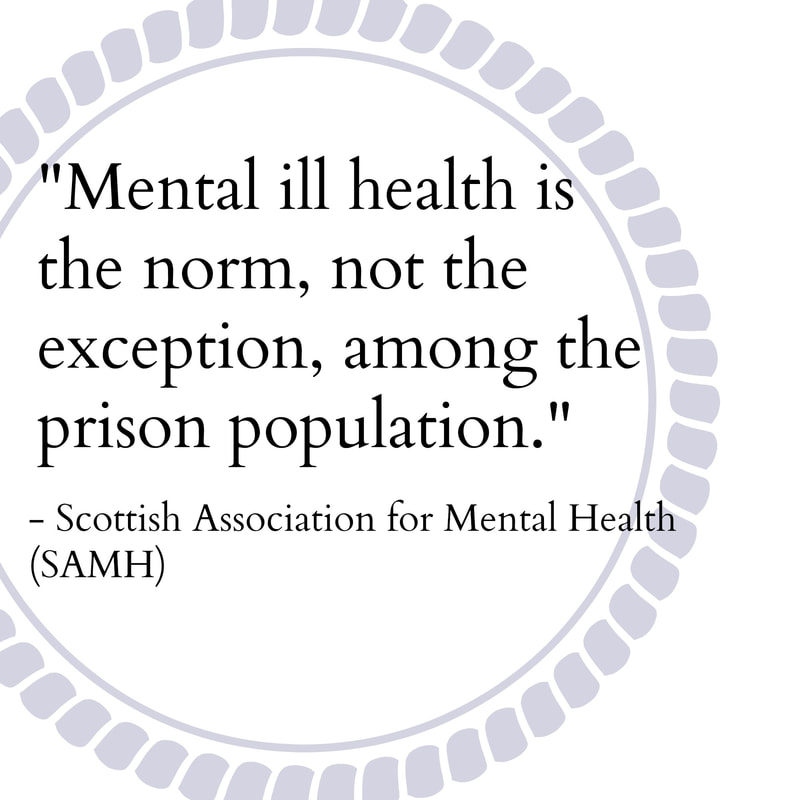Coming To Terms with Traumatic Brain Injury (TBI) in the Criminal Justice System

Orchid Facebook Friends Speak Out:
|

Neuroscience News -- Selected Excerpts
Researchers call for TBI screening for people entering the justice system. Previous studies have linked TBI to problems in self regulation, behavioral disorders and increased risk of criminality. The review highlights progress, such as UK Parliamentary bodies acknowledging the need to take account of TBI in the criminal justice system. There are initiatives in England that allow neurodisability screening for people entering youth custody, as well as pilot projects to assess for TBI and other neurodisabilities in young adults and adult prisons. The review also finds: TBI is linked to poor engagement in treatment, infractions when in custody and reoffending. Histories of abuse, neglect, and trauma appear particularly elevated in those with TBI versus those without, as are ongoing mental health and drug and alcohol problems. http://neurosciencenews.com/tbi-crime-8573/ |
England: Comprehensive Health Assessment Tool for Young Offenders
|
Background
Young people in contact with the youth justice system present with complex health needs. There is increasing evidence to suggest that young offenders have disproportionately high levels of neurodisability which are unmet due to lack of screening and identification (Harrington and Bailey, 2005; Hughes et al, 2012). Studies also report an association between these disorders and the development of antisocial behaviour. Objectives This study aimed to develop and validate the neurodisability section of the Comprehensive Health Assessment Tool (CHAT) for young offenders placed within the secure estate. |
Your browser does not support viewing this document. Click here to download the document.
|
British Psychological Society
Your browser does not support viewing this document. Click here to download the document.
|
|

